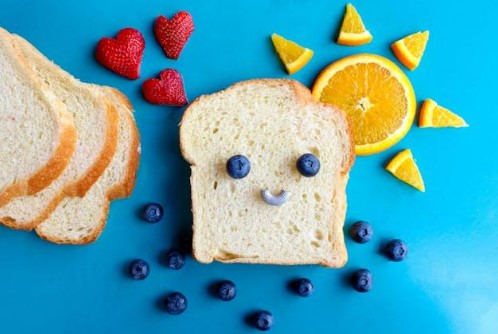Starting your baby on solid foods is both exciting and nerve-wracking. You want to make sure they’re getting the right nutrients while also introducing them to new textures and flavors. But if you’re like most parents, finding snacks that are both healthy and safe for your little one can feel overwhelming. You might worry about choking hazards, sugar content, or whether the food is gentle enough for their tiny stomachs.
The good news is that introducing solid foods doesn’t have to be complicated. With a few simple ideas and a little planning, you can offer your baby nutritious snacks that support their growth and make mealtime easier for you.
1. Basics of Baby Snacks
Before you start experimenting with different baby snacks, it’s important to understand what makes a good choice for your little one. Babies just starting solids need foods that are soft, easy to swallow, and full of nutrients. Their digestive systems are still developing, so keeping things simple is key. Snacks that combine fruits, vegetables, and grains can provide a balance of vitamins and energy without overwhelming their tiny tummies.
You don’t need anything fancy; fresh produce, soft textures, and gentle flavors work best. Think mashed bananas, smooth purees, or soft-cooked vegetables that can be easily handled. The goal at this stage isn’t just to feed them but also to help them explore new tastes and develop healthy eating habits early on.
2. Soft Fruits That Are Easy to Digest
When your baby is starting solids, fruits can be a wonderful introduction. They’re naturally sweet, filled with essential nutrients, and easy to prepare. Bananas, peaches, pears, and avocados are perfect because they have smooth textures that don’t need much chewing. You can mash them with a fork or blend them into a smooth puree, depending on your baby’s comfort level.
Apples and pears can also be steamed or baked to make them softer. These fruits are rich in fiber and help support healthy digestion. Starting with fruits also encourages your baby to develop a liking for naturally sweet flavors, which may reduce their cravings for sugary processed snacks later in life.
3. Vegetable-Based Snacks for Early Nutrition
Vegetables are another excellent option when introducing solid foods. Soft-cooked carrots, sweet potatoes, and peas provide important nutrients like vitamin A, iron, and fiber. You can steam or boil them until they’re soft enough to mash or cut into small, manageable pieces for babies who are starting to self-feed.
Vegetable purees are also a great way to introduce variety. Combining mild-tasting veggies like zucchini or pumpkin with small portions of fruit puree can make the flavor more appealing. These types of snacks help babies get used to savory tastes early on, building a strong foundation for a balanced diet.
4. Simple Grains That Add Texture and Energy
As your baby becomes more comfortable with solids, adding grains can make their snacks more filling. Soft oatmeal, rice cereal, or whole grain porridge are great options because they’re easy to digest and can be mixed with fruits or vegetables for extra flavor. You can adjust the consistency by adding breast milk, formula, or water until it’s smooth and creamy.
Introducing grains also helps your baby get used to new textures, which is an important part of learning how to eat. It’s a slow process, but these early experiences help develop fine motor skills and healthy eating habits over time.













































Leave a Reply